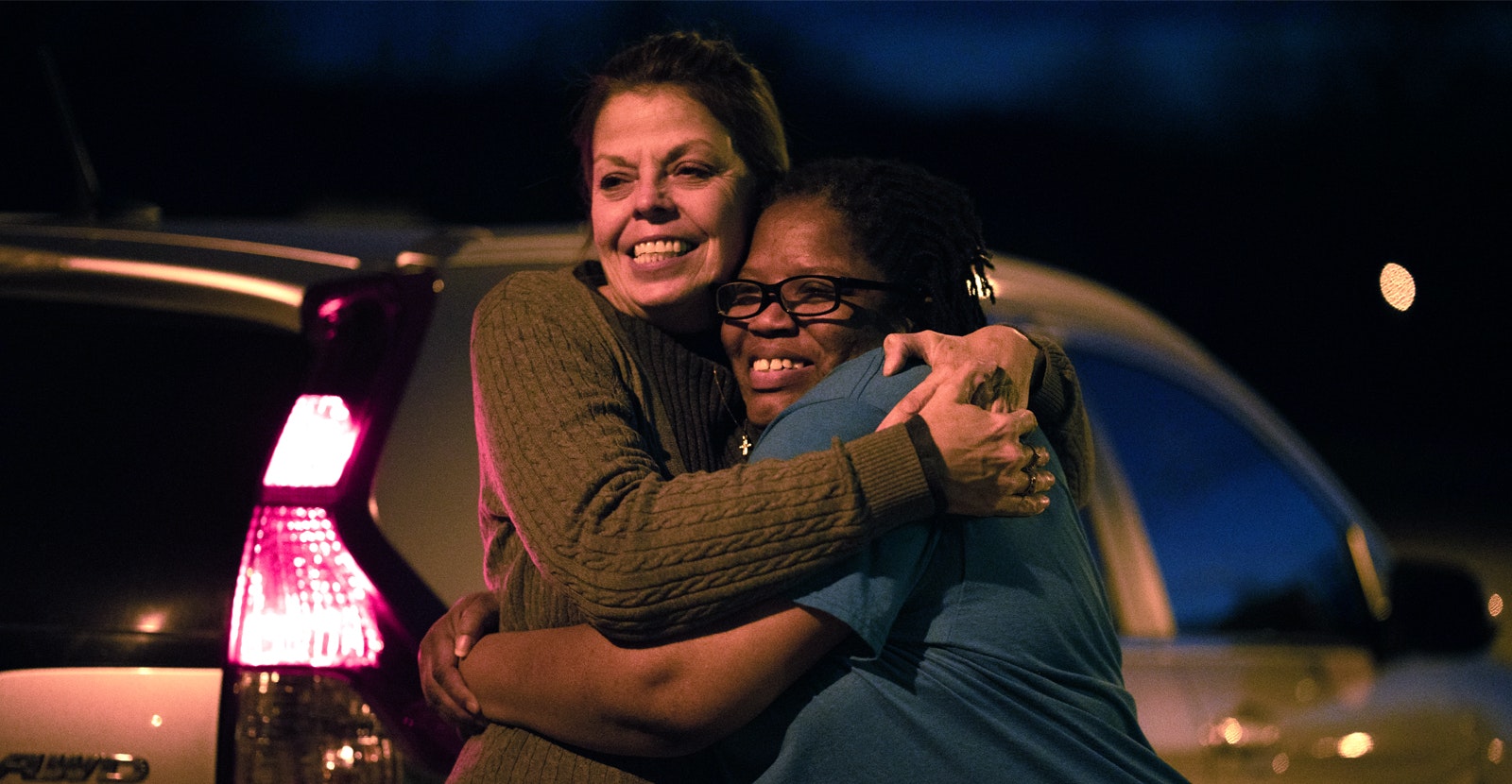In 2016, Oklahoma voters took a pivotal step toward easing the state’s ongoing incarceration crisis. By passing SQ 780, voters decided to downgrade simple drug possession and low-level theft from a felony to a misdemeanor. Three years later, upwards of 75 percent of voters still support this important reform.
The success of this measure is undeniable. It reduces the jail and prison population, as well as costs and strains on the system. It also allows people who would have otherwise been locked out of jobs due to felony convictions to return to work and be productive members of Oklahoma’s communities.
But there’s a catch, and it has to do with retroactivity.
Here’s the problem: Any person who committed their crime before enactment of SQ 780 on July 1, 2017 are still in prison serving time for felonies offenses that now considered misdemeanors. Making the law retroactive would treat these individuals in the same way as anyone charged today, providing needed relief in the overcrowded prison population, as well as reuniting families.
SQ 780 Retroactivity aims to accomplish three main goals:
- Get people still serving old sentences out of prison and back to their families
- Stop people from going to prison for old crimes or failing the terms of their supervision
- Lift the burden on people with old felony records
HB 1269 would accomplish all three. Here’s how:
HB 1269 would automatically modify the sentences of people currently serving prison sentences for simple possession. The Department of Corrections (DOC) will identify each individual in prison for this crime and send that list to the courts. Judges will have three months to modify their sentences to misdemeanors and report the new sentences back to DOC so people can be released. This spreads the burden of processing all of these cases throughout the state — in most places, judges would have fewer than 10 cases to handle. Going through the courts will be the fastest and easiest way to get people out of DOC custody and home to their families. If someone on supervision comes up for a hearing to send them to prison, this would also allow them to be automatically resentenced at that time, so they don’t have to be removed from their homes and sent to prison, only to get out a few months later.
HB 1269 would also allow post-conviction relief for people who don’t fit neatly into the process above. Some SQ 780 cases are harder to identify than simple possession cases. For instance, if someone went to prison for shoplifting, DOC does not know how much they stole, and can’t automatically flag them for sentence modification. This second process would allow people in those circumstances (whose crimes would be misdemeanors under SQ 780, but require review of old court records) to apply to the court for relief. It would also allow people who have finished their sentences and have an old felony conviction to apply to have the court make those old sentences misdemeanors. This will help Oklahoma’s communities and economy, since research shows that having a felony record depresses income and GDP.
Watered down retroactivity won’t accomplish these goals
Some have suggested that instead of going through the courts, people currently in prison for SQ 780 crimes could apply for commutation through the Pardon and Parole Board. This is not an ideal solution, for a variety of reasons. For one thing, the board doesn’t meet with enough frequency to review all these cases. They typically handle fewer than 20 commutations a month. Using this process to address the approximately 1,000 existing cases would take around four years. Under HB 1269, on the other hand, this backlog would be resolved in three months.
Additionally, the PPB rarely grants commutations. Historically, it only grants about five percent of applications, so there’s a high likelihood that individuals will wait around for years, only to have their application denied.
Finally (and crucially), the PPB does not have the power to change a felony to a misdemeanor. So even if a person is released, they will still face significant challenges to reentry. And, by going through the PPB, there would be no help forthcoming for people currently on probation and parole supervision, or the estimated 65,000 people currently in the community with old felony offenses.
Clearly, the Pardon and Parole Board is not the answer.
Incarcerated individuals should not continue serving time for non-violent, misdemeanor offenses, and we should give those already out of prison a legitimate opportunity to be successful. It’s time to pass HB 1269 and continue Oklahoma’s progress on criminal justice reform.

